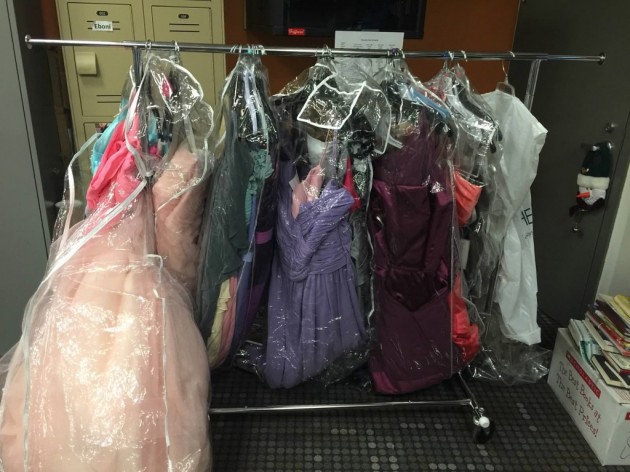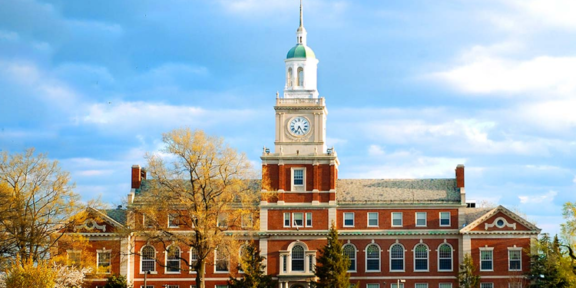Iraqis will go to the polls on Jan. 30 to choose a national assembly that will design a permanent constitution. The election is seen as a major step towards building democracy after years of war and tyranny.
However, despite the possibility of Iraqi liberation and democracy through the elections, boycotts and violence are becoming more prominent throughout many areas in Fallujah, Mosul and other parts of the Sunni Triangle.
The escalating violence has raised fears that voting will be practically impossible in insurgency-torn regions, or that the Sunni Arabs, angry with the U.S.—Iraqi crackdown, will dismiss the election.
In Fallujah, Marine Maj. Jim West said Sunday that U.S. troops have found nearly 20 “atrocity sites” where insurgents imprisoned, tortured and murdered hostages. West said troops found rooms containing knives and black hoods, “many of them blood-covered.”
South of Baghdad, a fleet of Iraqi National Guard and police in
Latifiyah were attacked by insurgents armed with guns, roadside bombs and rocket-propelled grenades, the U.S. military said. There were several Iraqi causalities.
Although violence in Iraq is becoming more audacious and bold, elections are still planned to continue.
“Under the law [the election] cannot be postponed and the government is working on the premise that the elections will be held on time," Deputy Prime Minister, Barham Saleh told the British Broadcasting Corp.
"Sticking to that timetable will be difficult but delaying elections will be much more difficult because it will have serious ramifications to the political process, to the issue of legitimacy, and surely all of us do not want to give the terrorists the slightest of technical wins in that situation."
The question then arises if the areas with the most violence will be excluded in the election to avoid more terrorism attacks.
Farid Ayar, a spokesperson of the Independent Electoral Commission of
Iraq, said, "No Iraqi province will be excluded because the law considers Iraq as one constituency and therefore it is not legal to exclude any province.”
Although most of Iraq is facing violence because of the election, voting is expected to go smoothly in northern areas ruled by the Kurds, the most pro-American group.
The Iraqi voters will choose representatives for a 275-member national assembly, provincial councils and the national council for Kurdistan, who will write a new constitution. If the constitution is ratified, another election will be held in December 2005.
Voters in January will also choose 18 provincial councils and in Kurdish-ruled areas, a regional assembly.
Out of 122 Iraqi political parties, two of the major ones are Iraqi National Accord and Iraqi National Congress. However, 46 Iraqi political parties and groups have vowed to boycott what they believe is an unfair and illegitimate election.
Many Americans believe that the elections in Iraq will be a tough task to accomplish.
Betty Ann Williams, a Howard University Fundamentals of Journalism professor, stated, “I think the Iraqi officials have an extremely tough decision to make; if they go ahead with the election there may be violence, if they postpone the election there is no guarantee that the violence will be under control.”
Some also have mixed feelings on whether the elections will ultimately be postponed despite the efforts to hold the election on the original date.
“I think it’s too soon to predict,” Williams stated. “I think it’ll be easier to make a prediction next month than it is now because some of the campaigns used to curb the insurgence are just getting under weight.”
Many students feel that the efforts in trying to hold elections in Iraq are fruitless.
“I feel there is no point because there is so much violence going on there. They should take care of that first instead of holding elections,” said Samantha Mensah, a social welfare major at SUNY Albany.
“But I don’t think they’re going to postpone the elections, I think they’ll still have it.”
However, other students argue that the elections may be postponed.
“I do believe that the elections will be postponed because if people don’t want something then they’ll find a way to stop it by any means necessary,” said Nickolas Mitchell, freshman computer science major from Hampton University. “Fear will be placed in voters’ hearts in order to discourage them from voting.”



